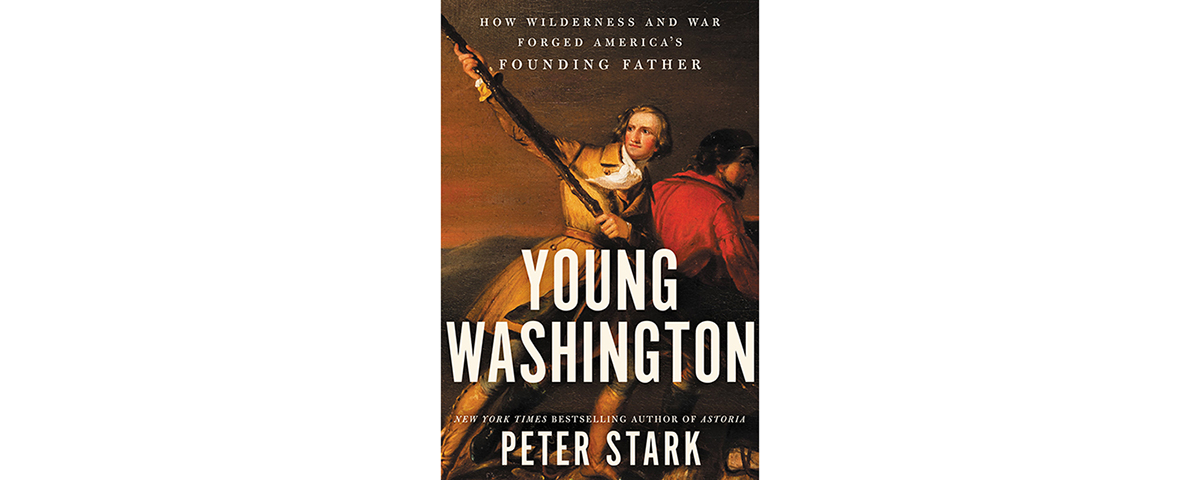Young Washington: How Wilderness and War Forged America’s Founding Father, by Peter Stark, Ecco, New York, 2018, $35
There’s a side to George Washington few Americans know, and Peter Stark reveals it to us. The person Stark portrays is a far cry from the inspirational general of the American Revolutionary War and sage first president of the United States. The book’s subtitle points the way. Harsh geography, frontier military tactics, and the growing cultural and political divide between Britain and the colonies all play a role in this character-shaping drama. The broader background includes international affairs, westward settlement and the destiny of Indians who had occupied the Ohio Valley for millennia.
Young Washington is by no means a hagiography of the “Father of Our Country.” Indeed, Stark bluntly exposes Washington’s many weaknesses, including his oversize ego, driving ambition and hypersensitivity. At the core of the narrative is the character development of a young, self-centered, extremely ambitious member of Virginia’s landed gentry, a soldier in his 20s swept up in the global struggle between France and Britain. The author repeatedly prompts readers to get beyond the what of the man to learn the whys of his behavior. At one point, for example, Stark describes one of Washington’s initial ventures and muses about his perspective of friends and family back home: “He was far out in the wilderness defending the king’s possessions and Virginia’s integrity. Surely they would marvel at the exoticism of it all.”
Among the book’s more noteworthy aspects is the significant attention Stark pays to the indigenous occupants of the Ohio Valley. Crushed between the industrialized military power of the British and French, the tribes typically allied with one side or the other. The tragedy was that whether the French or British ultimately prevailed, the Indians would be catastrophic losers.
Arguably, the major takeaway is that the final step to becoming a great leader is getting over one’s self. As Stark puts it in his closing chapter, “Rather than lashing out at whatever obstacle blocked his self-advancement, he now channeled that drive and passion and anger for the greater good, shaping it into something powerful and useful.”
—Joseph Callo





